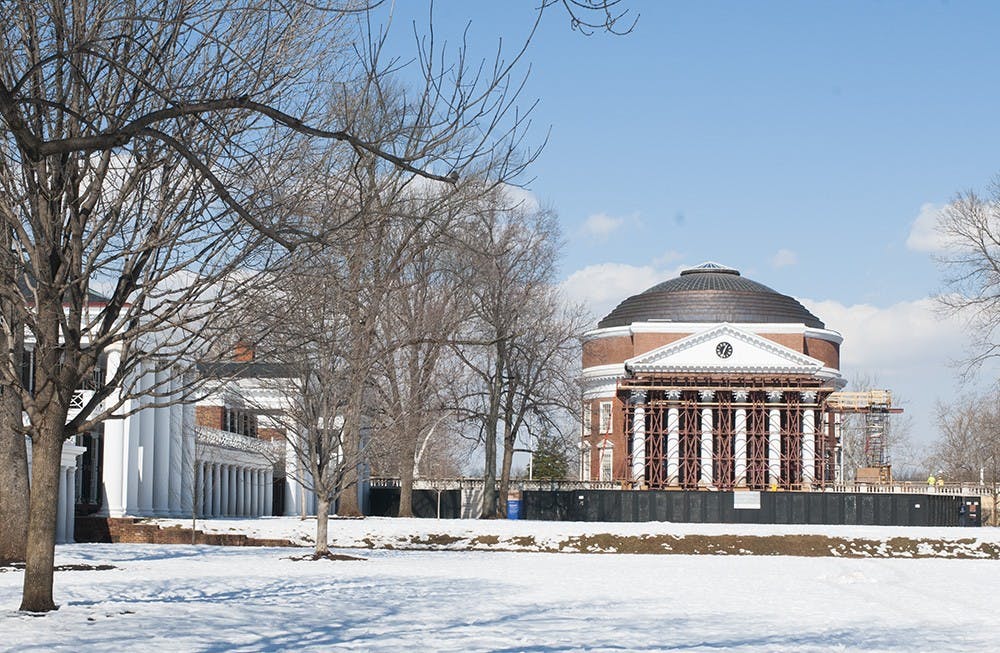With student elections complete, the Honor Committee is beginning to prepare its transition to a new term with new leadership. The Executive Committee will be decided from the pool of students elected to serve on the larger Honor Committee.
Third-year College student Martese Johnson, who was re-elected to the Committee and is currently the vice chair for community relations, said he is excited for the newly-elected Committee because of the wide range of opinions within the elected members.
“I think that if you look at the individuals that are elected, at least from the College — which I am most familiar with — there is a wide range of opinions and political mindsets in regards to honor,” Johnson said. “I think we are transitioning to a more representative Committee [in] the following term, and I think that is going to be very helpful in creating an environment where committee members are more assertive in expressing their ideas.”
However, given this range of opinions, Johnson said the biggest challenge facing the incoming Committee will be agreeing on the implications of the three referenda which were recently passed, two of which were addenda that will change the Committee constitution.
“Now that the referenda have been voted on by the student body, in the following term there is going to be a lot more controversy in finding a successful way to implement possible templates for a multi-sanction system, as well as deciding how the wording of the referenda will affect the way that we move forward,” Johnson said. “I think that it will be hard to get on the same page, given the fact that there are a lot of different opinions on the Committee next term.”
Honor Committee Chair Nicholas Hine, a fourth-year College student, said he agreed that interpreting the referenda will probably be the most significant issue the new Committee has to deal with during their term.
“What worries me is that 51 percent of students in the election have asked the Committee to consider a multi-sanction system — obviously it takes more than that to amend the Honor Committee constitution,” Hine said. “My concern is that the Committee may end up wasting essentially their whole term trying to wrestle with these referenda even when it’s not clear that the students actually support a multi-sanction system.”
In addition to interpreting the new Constitutional referenda, Hine said the incoming Committee should also investigate Informed Retraction and ways to improve it.
“It has been around for two years, and we’ve seen that there is room to improve it,” Hine said. “The challenge is implementing change and finding ways to make the informed retraction as productive as it can be.”
Overall, Hine said he thought it was a good election and proved to be a competitive race, especially in the College and Commerce school.
“As with most years, we have a few open spots left over from some of the graduate schools, but we are working to fill those in the next few weeks,” Hine said. “I am very happy with the people who I know are going to be on the Committee.”
However, Hine also said he is concerned about the low turnout on voting for the referenda.
“Having only 18 percent voting on changes to the Honor Committee constitution is obviously concerning because voting when you have the opportunity to is part of being a responsible student in the system,” Hine said. “The turnout worries me because I think it could be a sign that there was not enough vigorous conversation about the issues leading up to the election.”
Hine said he is proud of the work that the current Committee has accomplished so far but said there is still time for the group to change and improve the system. The new Committee will officially transition April 5.
“The term’s not over, and there is some work left to finish up, but I feel very proud that everything we have done has been focused on improving the experience of students who are going through our process,” Hine said. “Ultimately, I think we will all be able to look back at the term and say that we left the system in better shape than we received it.”







